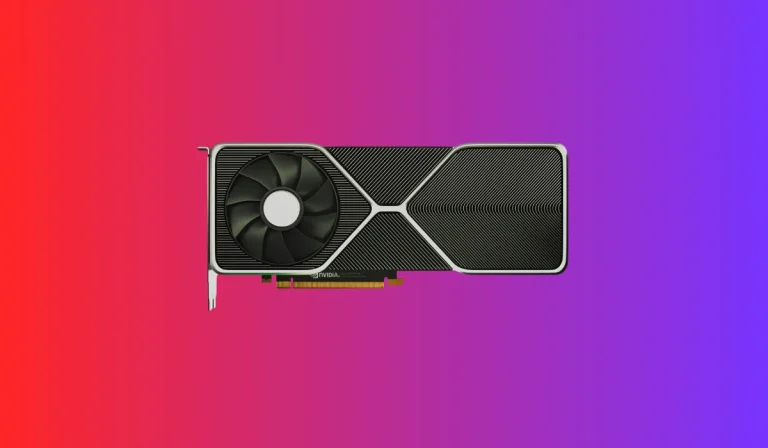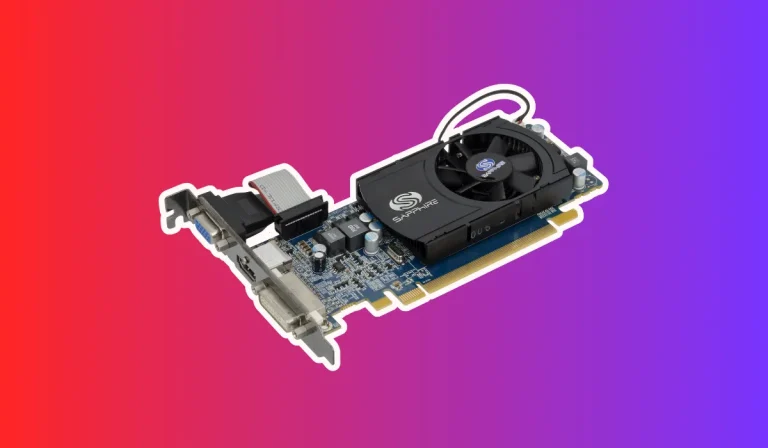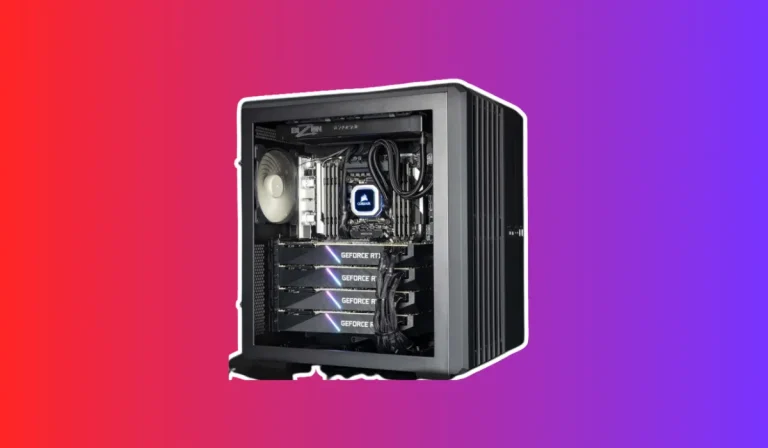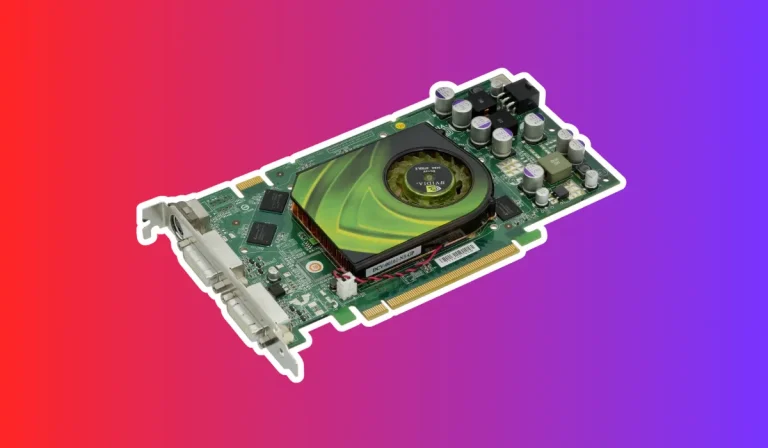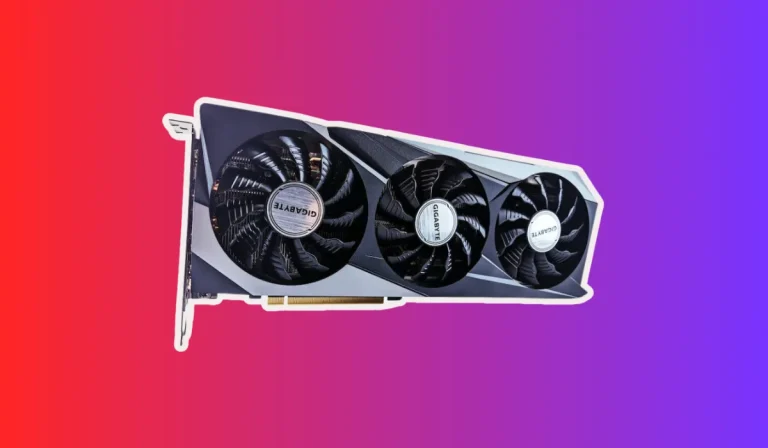Do I Need a CPU Cooler If I Have Case Fans?
Is a CPU cooler necessary when you already have case fans? Let’s uncover the truth behind this common PC cooling dilemma. Your computer’s temperature plays a crucial role in performance and longevity, so understanding the synergy between CPU coolers and case fans is essential.
The Synergy Between CPU Coolers and Case Fans
When it comes to keeping your PC cool, CPU coolers and case fans work hand in hand to effectively manage heat. The synergy between these two essential components and understand how they contribute to maintaining optimal temperatures for your computer.
CPU Coolers
Keeping the Processor Chilled The CPU cooler is specifically designed to dissipate the heat generated by your processor. It consists of a heatsink, which absorbs the heat, and a fan, which blows cool air onto the heatsink.
This process prevents the CPU from overheating and maintains its performance and longevity.
Case Fans
Enhancing Airflow Within the Case Case Fans, on the other hand, play a vital role in maintaining overall airflow within the computer case. They are strategically placed to ensure a steady flow of fresh air enters and hot air exits the case.
This circulation prevents heat buildup and helps cool not only the CPU but also other components such as the GPU and motherboard.
Working Hand in Hand
The synergy between CPU coolers and case fans is crucial. The CPU cooler removes the heat generated by the processor, while the case fans ensure that this heat is efficiently expelled from the case.
Without proper airflow, the CPU cooler’s effectiveness can be limited, leading to higher temperatures and potential performance issues.
Optimal Placement and Configuration
To maximize their effectiveness, it’s important to place case fans strategically. Positioning an intake fan at the front of the case and an exhaust fan at the rear helps create a smooth airflow pattern.
Additional fans can be placed on the side panel or on top of the case to further enhance cooling.
Balancing Noise and Cooling
While having more fans can improve cooling, it’s essential to find a balance between cooling performance and noise levels. Opting for quality fans with lower noise ratings and adjusting their speeds using fan control software or BIOS settings can help achieve the desired balance.
Factors to Consider
Before deciding on the cooling components for your PC, there are several important factors to consider. Each factor plays a role in determining the most suitable CPU cooler and case fan setup for your specific needs.
CPU Overclocking
If you plan to overclock your CPU for increased performance, you’ll need a more robust cooling solution. Overclocking generates additional heat, so a high-performance CPU cooler and efficient case fan configuration become crucial to maintain stable temperatures.
Ambient Temperature
The temperature of the environment where your PC is located affects its cooling requirements. If your room tends to get hotter, you may need more powerful cooling components to compensate for the elevated ambient temperature.
Case Airflow
The airflow within your computer case plays a significant role in cooling efficiency. Consider the design and layout of your case and ensure it has adequate airflow options, such as mounting points for additional case fans. Proper cable management can also help optimize airflow.
Noise Level
While cooling performance is crucial, many users also prioritize a quiet computing experience. Look for CPU coolers and case fans that strike a balance between cooling efficiency and noise production.
Fans with lower noise ratings or features like rubber dampeners can help minimize noise levels.
Budget Constraints
Your budget will ultimately influence the cooling components you choose. Aftermarket CPU coolers and high-performance case fans can be more expensive than stock options.
Assess your budget and prioritize the components that will provide the best cooling performance within your financial limitations.
Benefits of a CPU Cooler
A CPU cooler is an essential component for any computer system, offering several benefits that contribute to the overall performance and longevity of your PC.
Temperature Control
The primary function of a CPU cooler is to regulate the temperature of your processor. It prevents overheating by dissipating the heat generated during operation. By maintaining optimal temperatures, a CPU cooler ensures that your CPU operates efficiently and avoids potential performance issues or damage caused by excessive heat.
Improved Performance
When your CPU operates at lower temperatures, it can maintain its maximum performance for longer durations. A CPU that runs too hot may throttle its speed to reduce heat output, leading to decreased performance.
With a CPU cooler in place, you can unleash the full potential of your processor, especially during resource-intensive tasks like gaming or video editing.
Extended Lifespan
Heat is one of the biggest enemies of electronic components, including CPUs. Excessive heat can gradually degrade the internal components, shortening their lifespan. By keeping your CPU cool, a CPU cooler helps prolong its life, ensuring that you get the most out of your investment.
Quiet Operation
Certain CPU coolers, such as those with larger heatsinks and quieter fans, can help reduce noise levels in your PC. By efficiently dissipating heat, a CPU cooler allows the fans to operate at lower speeds, resulting in a quieter overall system. This is especially beneficial for users who prioritize a peaceful computing environment.
Overclocking Potential
For enthusiasts looking to push their CPU beyond its factory settings, a CPU cooler is essential. Overclocking generates more heat, and a high-performance CPU cooler can handle the increased thermal output, allowing you to achieve higher clock speeds and improved performance.
FAQ’s
1. Do I need a CPU cooler if I have case fans?
Yes, even if you have case fans, a CPU cooler is still necessary. Case fans primarily help with overall airflow within the computer case, while a CPU cooler specifically focuses on cooling the processor.
The CPU generates a significant amount of heat, and a dedicated CPU cooler is designed to efficiently dissipate that heat, ensuring the processor operates at optimal temperatures.
2. Can I rely solely on case fans to cool my CPU?
While case fans contribute to overall airflow and help with cooling, they are not sufficient to cool the CPU alone. The CPU cooler is specifically designed to make direct contact with the processor and utilizes techniques such as heat pipes and a heatsink to efficiently dissipate heat.
Without a dedicated CPU cooler, the CPU may overheat, leading to performance issues or potential damage.
3. What happens if I don’t use a CPU cooler with case fans?
If you rely solely on case fans without a CPU cooler, the CPU is likely to overheat. Overheating can result in reduced performance, system instability, and even permanent damage to the processor.
To ensure optimal performance and prevent potential hardware issues, it is crucial to have a dedicated CPU cooler in addition to case fans.
4. Can I use a stock CPU cooler instead of an aftermarket one?
Yes, it is possible to use a stock CPU cooler that comes bundled with your processor. Stock coolers are designed to handle the thermal requirements of the CPU at stock clock speeds.
However, if you plan to overclock your CPU or require more efficient cooling, an aftermarket CPU cooler is recommended as it offers better heat dissipation and performance.
5. Do case fans and CPU coolers work together?
Absolutely! Case fans and CPU coolers work together to maintain optimal temperatures within your computer. Case fans help with overall airflow, ensuring cool air is circulated throughout the case.
The CPU cooler, on the other hand, focuses specifically on cooling the processor by efficiently dissipating heat. By combining the efforts of case fans and CPU coolers, you can achieve better cooling performance and maintain a stable operating temperature for your CPU.
Conclusion
The CPU cooler is an essential component for your PC, even if you have case fans. While case fans contribute to overall airflow, a CPU cooler specifically focuses on cooling the processor, preventing overheating, and ensuring optimal performance.
So, don’t forget to equip your system with a reliable CPU cooler for a cool and efficient computing experience.

